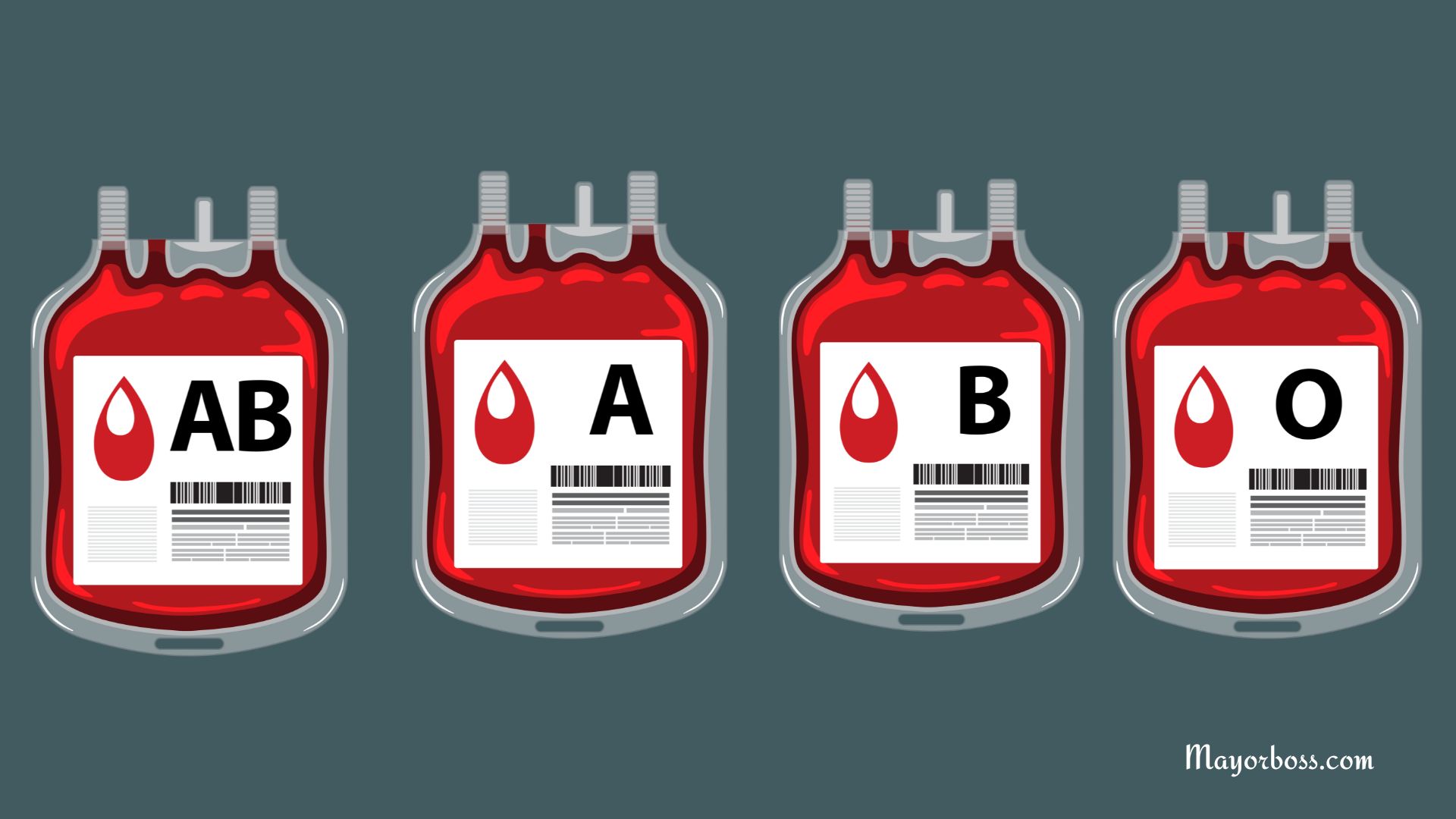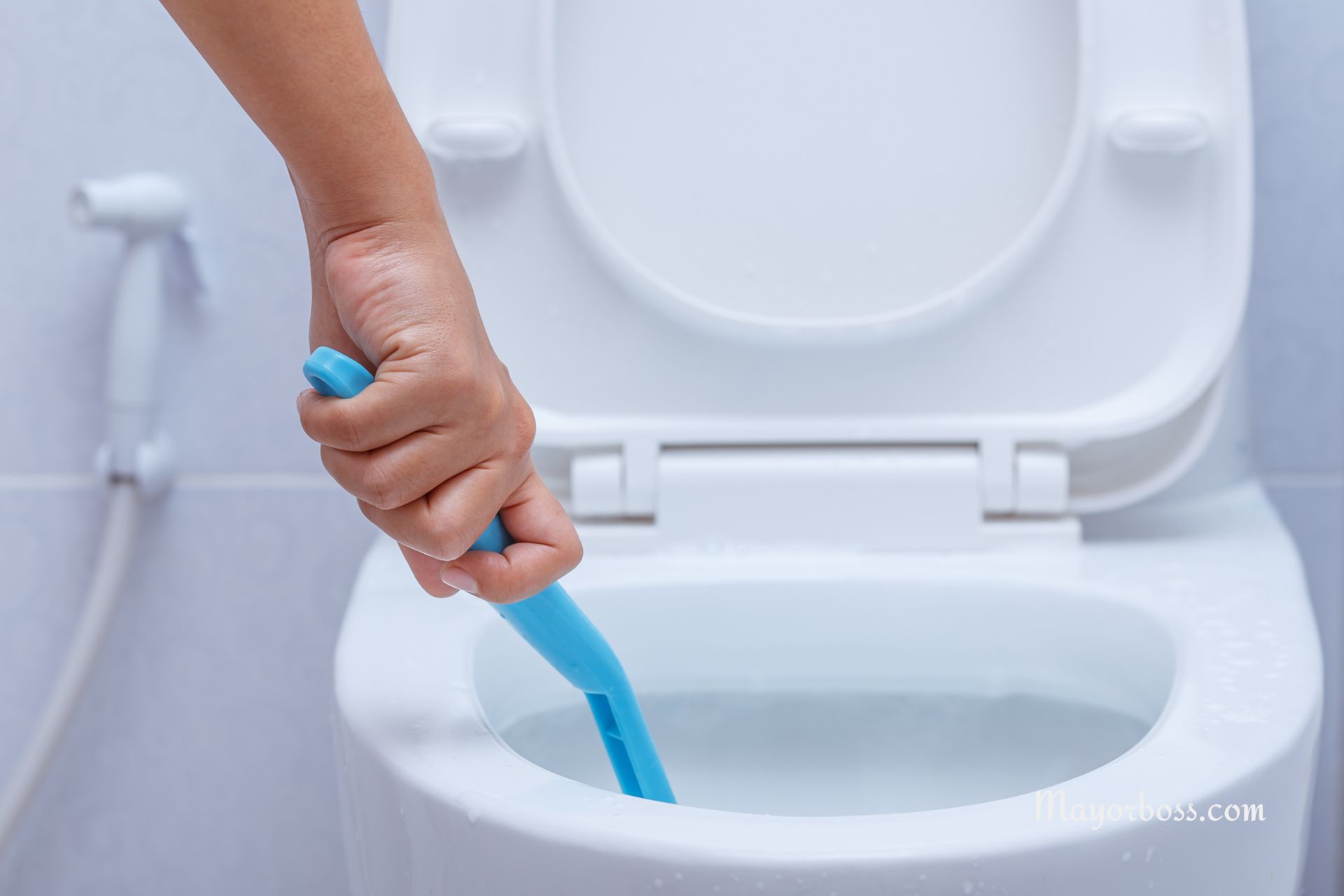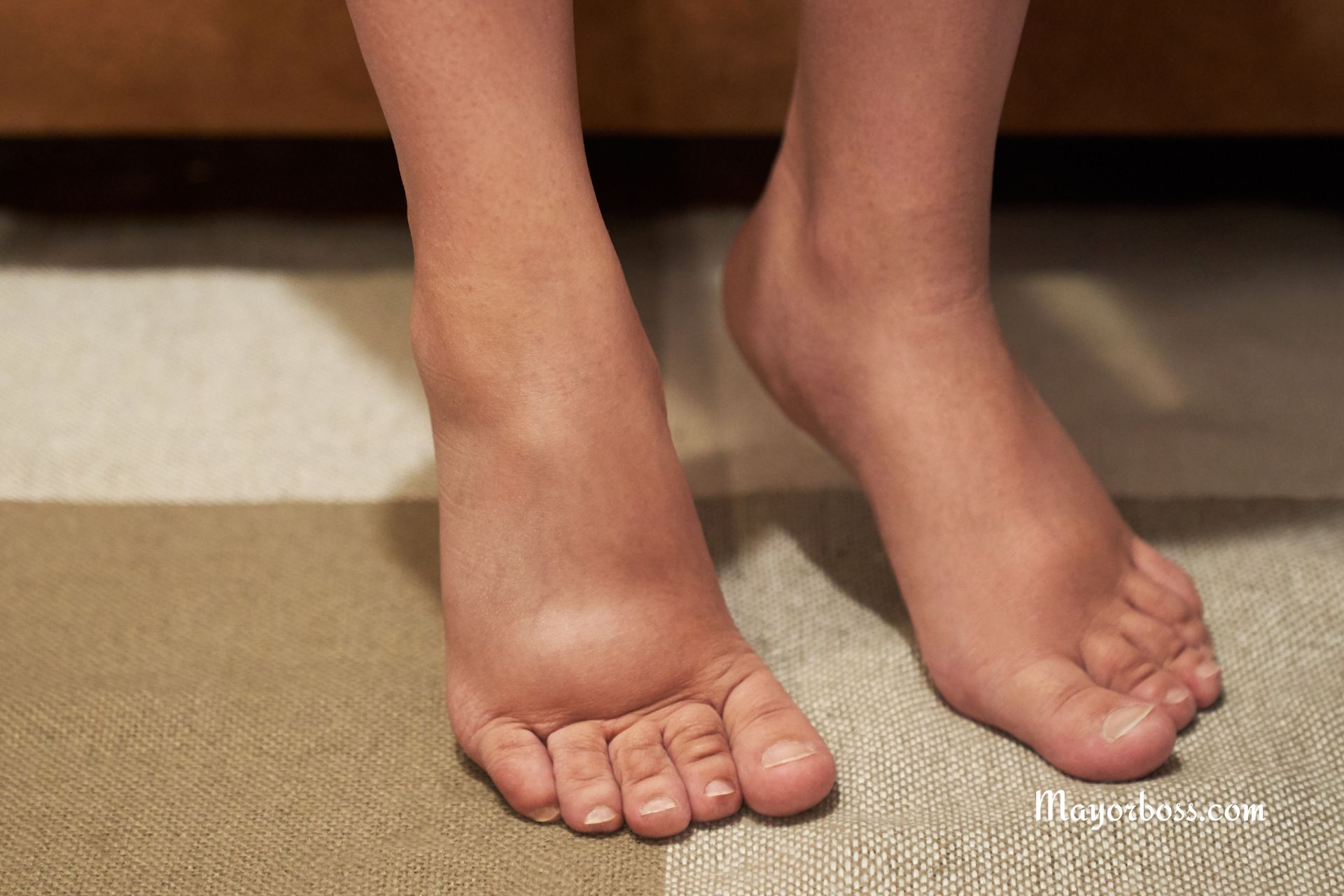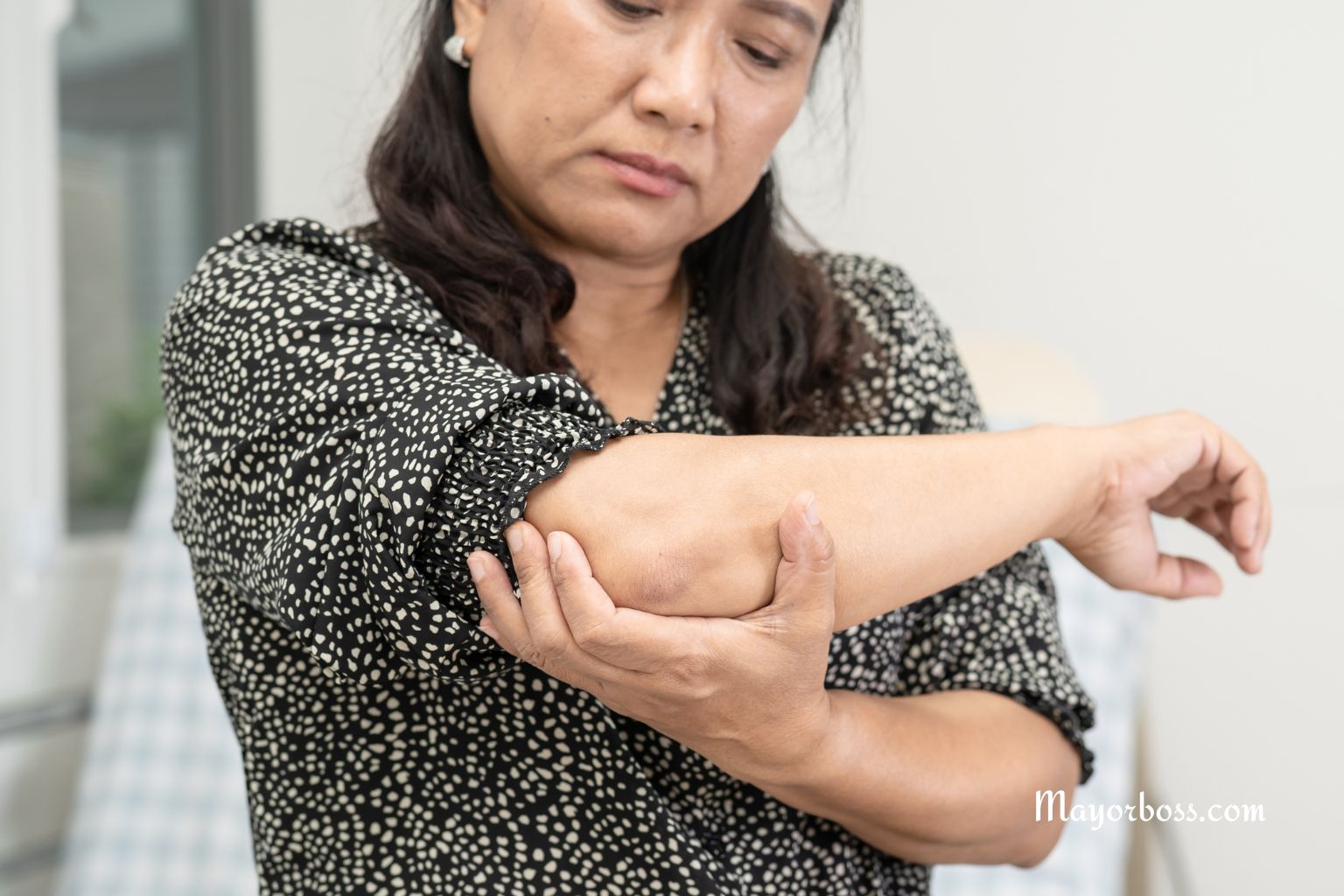Sores on The Penis: Causes and How to Heal Them
Having sores on your penis can be quite alarming and may prompt an immediate call to the doctor. It’s important to note, however, that not all sores are serious. They can vary significantly in their causes, ranging from harmless ingrown hairs to more serious conditions like sexually transmitted infections (STIs).
Dr. Natalia Hapych, a family doctor, explains that the different causes of penis sores have varied treatments, some of which can be managed at home, while others require professional medical attention.
Causes of Penis Sores
Sores on the penis can be caused by various factors. According to Dr. Hapych, “The presence of sores does not always imply a severe condition, but it is crucial to understand the potential causes to facilitate the most effective treatment.
Here are some common causes of penis sores:
- Sexually transmitted infections (STIs): Certain STIs, like herpes and syphilis, can cause sores on the penis. These sores may be painful or painless.
- Penile cancer: While rare, penile cancer can cause sores, growths, or other changes in your penis.
- Friction or trauma: Vigorous sexual activity, masturbation, or even certain types of clothing can cause friction that results in minor sores.
- Allergic reactions: You might have a reaction to certain soaps, detergents, or spermicides that can cause a rash or sores.
- Fungal infections: Yeast infections or balanitis can result in irritation, redness, and sores.
Recognizing Different Types of Sores
Each cause of penis sores has its distinct characteristics, which can help you identify the potential cause:
- STIs: Herpes sores are typically small, red bumps or blisters that might be filled with fluid. Syphilis sores are often single, painless ulcers.
- Penile cancer: Sores due to penile cancer may vary in appearance but are often persistent and don’t heal over time.
- Friction or trauma: Sores caused by friction usually appear soon after the activity that caused them and tend to heal on their own after a few days of rest.
- Allergic reactions: Allergic reactions often cause a rash that can include small sores or blisters.
- Fungal infections: Fungal infection sores are often accompanied by itching, a rash, or a whitish discharge.
When to Seek Medical Attention
“If you notice any changes on your penis, including sores, it’s essential to seek medical advice,” says Dr. Hapych. “While some causes can be easily managed at home, others, like STIs or penile cancer, require immediate medical intervention.”
Signs that you should seek medical help include:
- Painful sores.
- Sores that persist for more than a few days.
- Multiple sores.
- Sores are accompanied by other symptoms, like discharge, fever, or pain during urination.
- If you suspect that the sore could be due to an STI.
How to Heal Penis Sores
The treatment for penis sores depends on their cause:
- STIs: If an STI is the cause of your sores, you’ll need to undergo treatment, which could include antibiotics or antiviral medications.
- Penile cancer: Treatment may involve surgery, radiation, or chemotherapy.
- Friction or trauma: These sores often heal on their own with rest. Applying a mild over-the-counter hydrocortisone cream can help speed up healing and relieve any itching or irritation.
- Allergic reactions: First, you’ll need to identify and avoid the allergen. A hydrocortisone cream can also help to relieve symptoms.
- Fungal infections: Antifungal creams can effectively treat fungal infections.
Prevention Tips
While not all penis sores can be prevented, there are measures you can take to reduce your risk. These include:
- Using condoms during sex.
- Maintaining good hygiene.
- Using mild and hypoallergenic soaps and detergents.
- Wearing loose-fitting, cotton underwear.
- Seeking regular medical check-ups, especially if sexually active with multiple partners.
“Keep in mind, if you’re in doubt or worried about any symptoms, always seek medical advice,” advises Dr. Hapych. Your peace of mind and health are always worth it.






